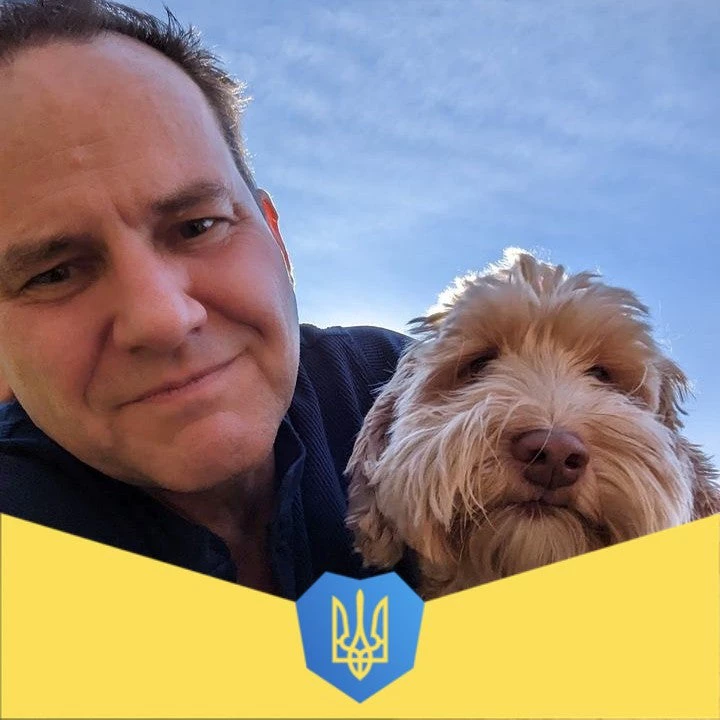Indonesia has more than 300 languages spread over its 6,000 inhabited islands. But incredibly, there is a single, national language: bahasa Indonesia, which literally means the language of Indonesia. This is an amazing accomplishment. How did they manage to linguistically unite so many diverse people?
I have started taking lessons and can now say a few basic, but important phrases: saya mau makan, for example (I want to eat). Bahasa Indonesia is spoken as a second language by almost everyone, and is the language of government, the media, and education. Only 7% of the population speak it as a first tongue, mainly in and around Jakarta. I learned my first words from Baijuri, our driver, who is determined to teach me the language and keeps me on my toes.
Apa kabar (how are you) said Baijuri moments after we first met. Mau ke mana? (where do you want to go?). And every morning, I get a cheerful selemat pagi (good morning). Bit by bit I pick it up.
 My teacher, Nora, is a 21-year-old student who wears bright, multi-colored socks which fit her over her toes like a glove. She laughs a lot and claps her hands in delight (or surprise) when I say something correctly. I call her Ibu Guru for fun, which means something like Mrs. Teacher. She insists she is too young to be called "Ibu" but I get away with it.
My teacher, Nora, is a 21-year-old student who wears bright, multi-colored socks which fit her over her toes like a glove. She laughs a lot and claps her hands in delight (or surprise) when I say something correctly. I call her Ibu Guru for fun, which means something like Mrs. Teacher. She insists she is too young to be called "Ibu" but I get away with it.
Based on Malay, bahasa Indonesia was used as a trading language in the region for centuries. It has borrowed a lot of words from Arabic, Dutch, Chinese, and other languages, and is influenced by regional languages. The Dutch formalized it (reflected in its Latin script), and it became the official language of Indonesia at independence in 1945.
Having learned German and Russian, I felt ready to tackle the language. I had heard that it's easy, mainly because there isn't really any grammar. You just string words together and lo, you have created a meaningful sentence. But I don't find it very easy. I realize, with a shudder, that I actually like grammar and rules. And building up your vocabulary is a serious mental workout, since the words are almost completely unrelated to anything I know. Trying to speak bahasa Indonesia is like being in a canoe in a fast stream without a paddle. You just rush forward without knowing what you're doing and hope you end up where you wanted.
But amazingly, no matter how badly I mangle the language, people are delighted that I'm trying. At a shop, I struggled to tell the proprietor that I don't speak bahasa Indonesia, which was clearly self-evident, judging by the giggles from the cashier. I hope my anak-isteri (wife and children) learn it when they move here.
What turned the tide for me was finding a fabulous little program that lets you make your own electronic flash cards. Now I put words and phrases in and practice them a few times a day. Nora is pleased with my progress and beams at me from under her headscarf. At this rate, I’ll be writing this blog in bahasa Indonesia in no time. For your own bahasa lesson, see Shaela's post on the word bisa.
Saya bisa berbicara bahasa Indonesia sedikit sedikit!


Join the Conversation